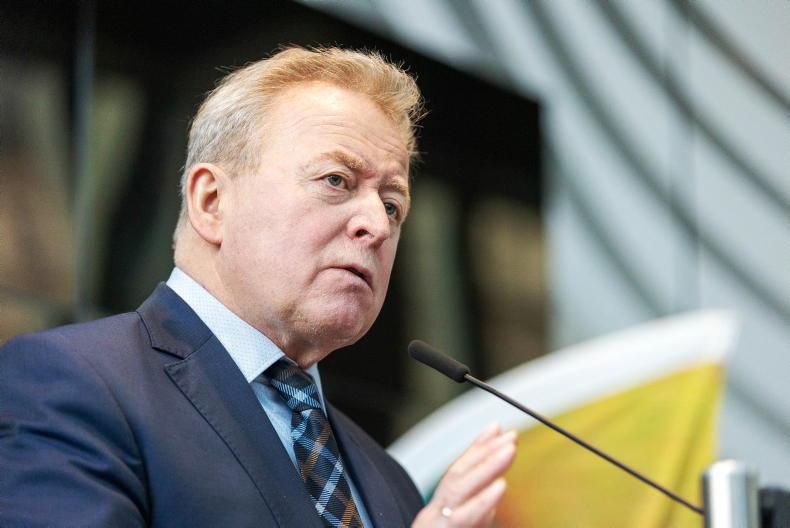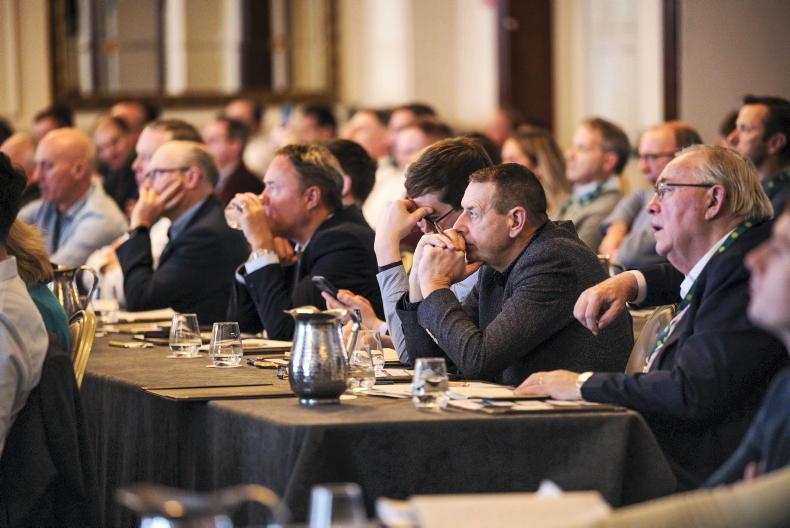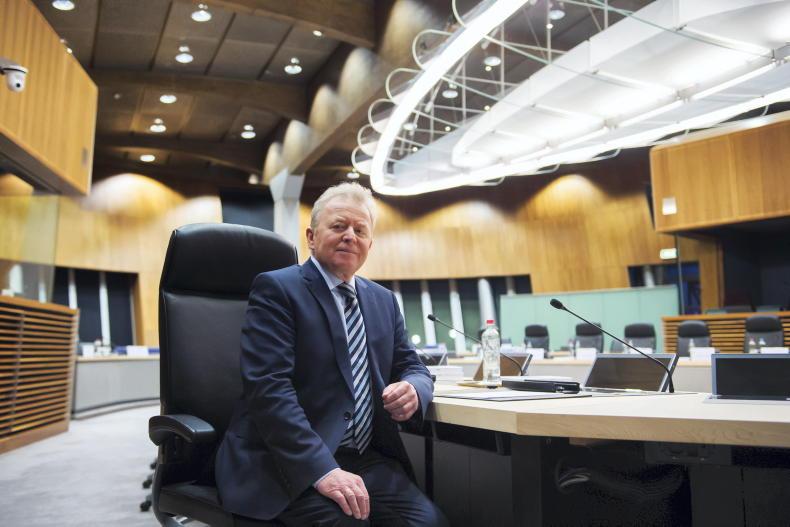European Commissioner for Agriculture Janusz Wojciechowski fears farmers will not apply for CAP schemes in the future due to a belief that it is “too restrictive”.
Speaking exclusively to Irish Farmers Journal editor Jack Kennedy in Brussels last week, he said he fears European farmers are “close to that situation”.
“Almost all farmers in Ireland enter the CAP, which I think is great, but I fear some farmers will resign from the CAP and not apply because they think it is too restrictive to apply. I feel we are very close to that situation. Some farmers might decide to be free to produce more and have no conditionality and no restrictions.”
The Commissioner said that there needs to be “more money in the CAP budget” in the next financial year. This is as a result of the European Commission creating “more tasks, more challenges for farmers”.
When asked about the next CAP, post 2027, and whether the incentives for farmers will return to food production more so than the environment, he said the next CAP needs to be “balanced”.
“We need to continue these good proposals that we have going now, good initiatives like the eco schemes. If there were two recommendations I would be pushing, it would be carbon farming for cropping farmers and animal welfare as a main instrument for animal farms,” he said.
“It is easy to incentivise and intensify production, however, it’s not what we want. More sustainable agriculture is what we need and Ireland is a good example because you have good production but also sustainable production,” he said.
Organic
There is a lot of room to increase organic production in Ireland, according to the Commissioner.
He said Irish farming “is not very intensive but is extensive”.
“For example, the productivity of one cow is 6,000l compared to 10,000l/cow in some other countries. Extensive production can be profitable and good for the promotion of food and farming. I will take this into account on my promotional campaign to Japan in the next month. When in discussions, one of my arguments is that we have extensive production and high welfare standards, and Ireland represents that.
“We not only need to increase the number of [organic] farms but demand for organic consumption also needs to increase. We have a plan and need to develop this and some issues, like public procurement and promotion of organic, need to improve,” he said.










SHARING OPTIONS